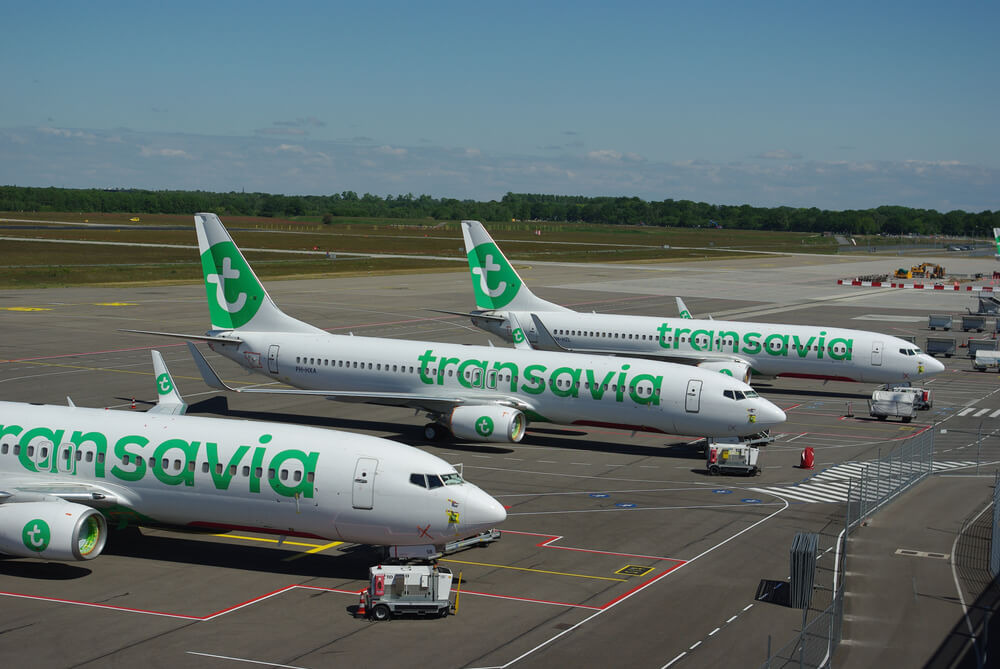The Federal Aviation Administration (FAA) issued an Emergency Airworthiness Directive (EAD) for all stored Boeing 737 Classic (CL) and Boeing 737 NextGeneration (NG) aircraft. If left unchecked, the fault could potentially lead to a double-engine shutdown without the potential ability to turn on the engines again.
As a result, the FAA concluded, the event could lead to a “forced off-airport landing.”
The EAD covers the engine bleed air fifth stage check valve on both of the CFM56 variants that power the 737CL (CFM56-3 series) and the 737NG (CFM56-7 series) on aircraft that were stored for seven or more consecutive days, notes the administration.
FAA issued the emergency directive following four separate events where a single-engine of the Boeing 737 shut down during a flight. The shutdowns were caused by corrosion on the engine bleed air fifth stage check valve.
The agency also ordered airlines, which operated the aircraft for less than 10 flight cycles, to check for corrosion on the valve.
To make sure the valve has not corroded, an inspection should take place whereupon the flapper plates of the valve need to be rotated at least three times, according to the EAD. “If the flapper plate moves smoothly, without signs of binding or sticking, from the fully closed position to the stop tube using gravity force alone, the engine bleed air fifth stage check valve has passed this inspection,” reads the directive. The flapper bushings should also be separated by at least 0.004 inches (0.102 mm) on both engines in order for the valve to pass the inspection.
If the engine bleed air fifth stage check valve passes the first two inspections, a visual inspection to check for any signs of cracks, fractures, and missing bushing heads must also be done, according to the FAA. Flapper bushings, after being pushed by hand, should not rotate in the flapper plate. Flappers themselves should not rub against the valve body. If they do not, they are cleared to fly.
The EAD comes after many of the world’s airlines have begun re-introducing their aircraft into service after the COVID-19 pandemic almost completely halted air travel, forcing carriers to significantly reduce their capacity and place aircraft into storage.
